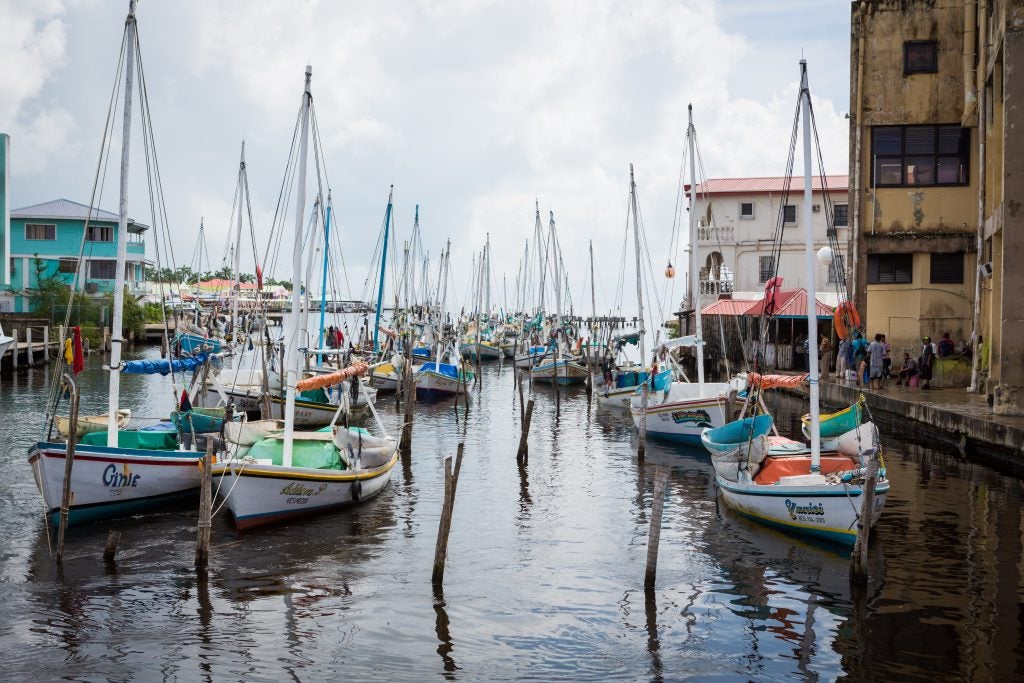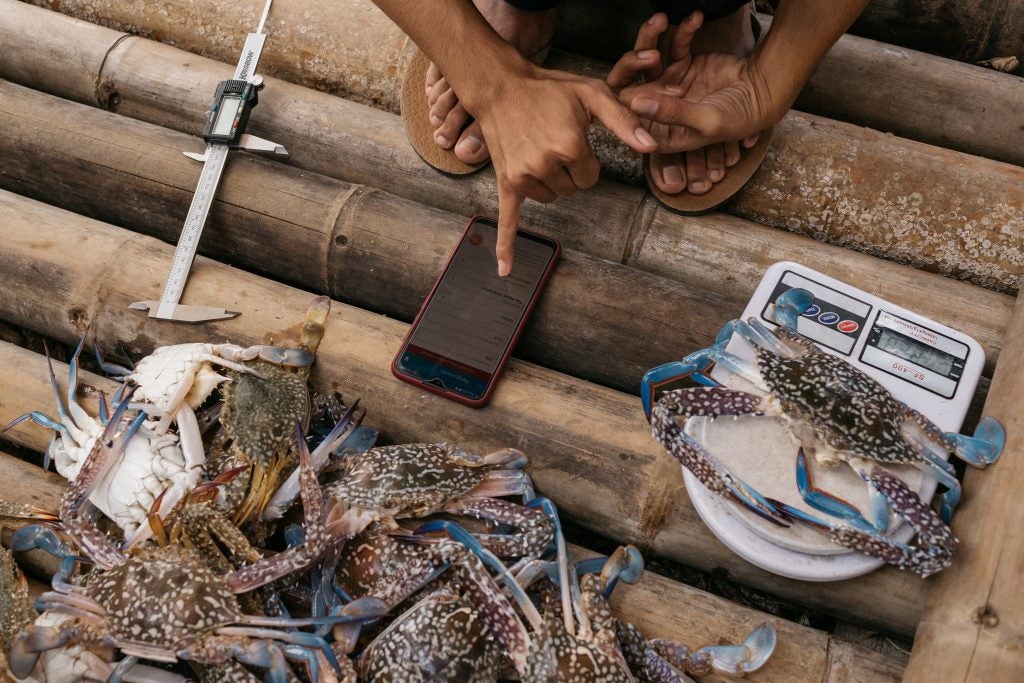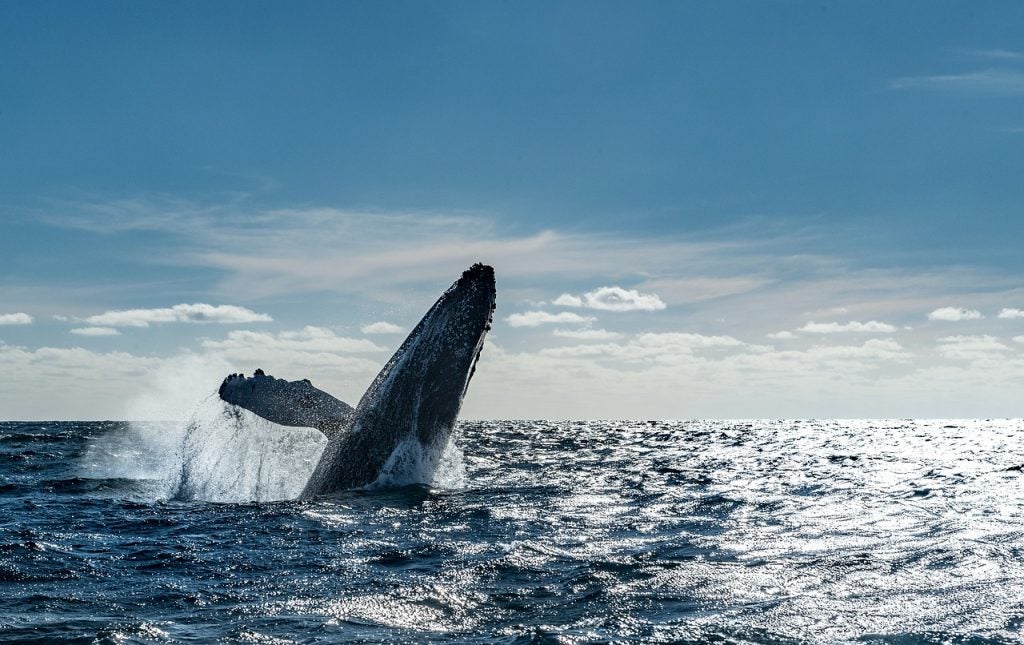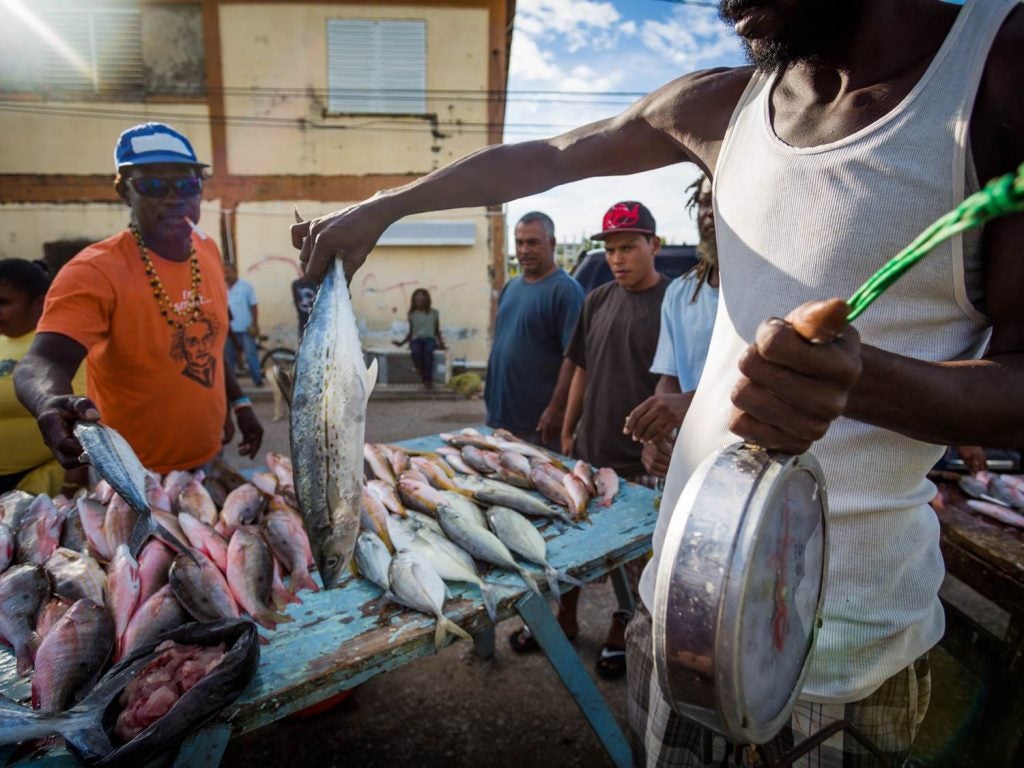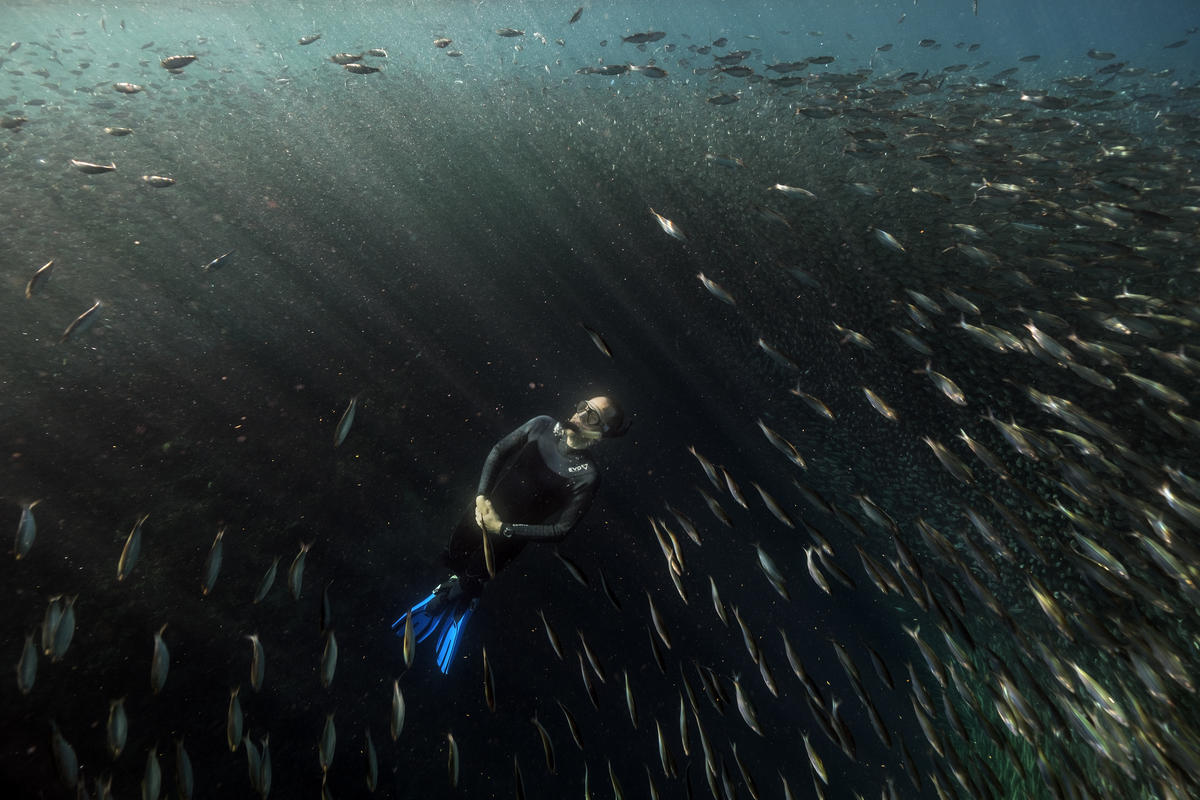Over the past week, representatives from organizations and countries from around the world have come together for critical discussions about protecting and enhancing biodiversity in the face of climate change at the IUCN World Conservation Congress in Marseille, France. For the first time at the WCC, restoring ocean health was one of the central discussion themes, as a “marine journey.”
EDFish
IUCN WCC | Sustainable fisheries & biodiversity conservation — working together in the face of climate change
Aquatic/Blue Foods: The Missing Ingredient for a Sustainable Future
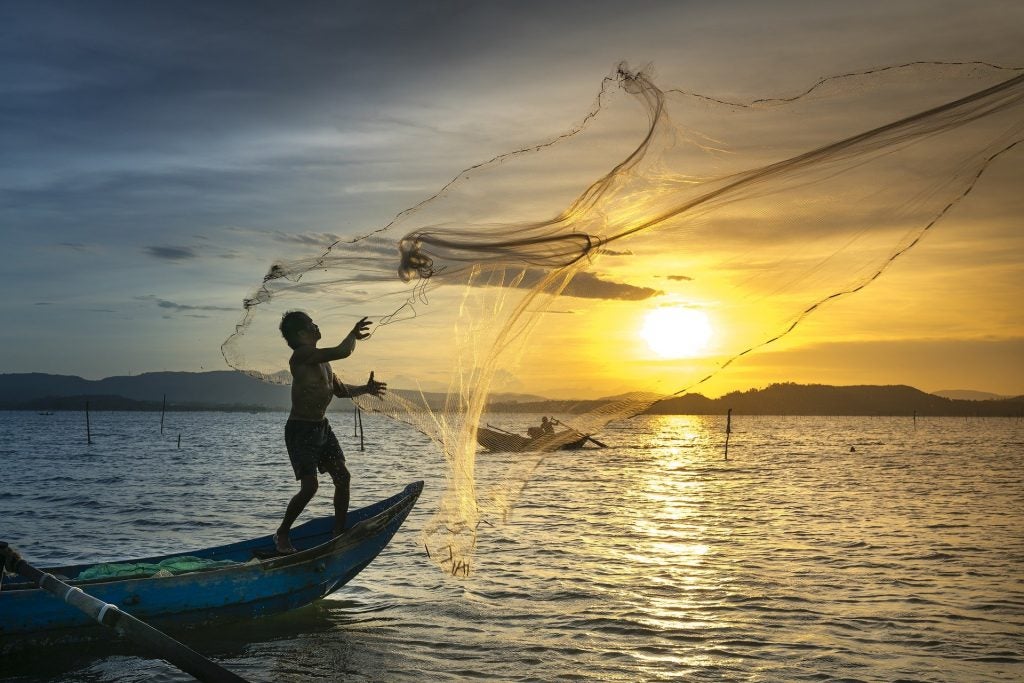 By Jim Leape, Kristian Teleki, Shakuntala Haraksingh Thilsted and Thomas V. Grasso, Co-chairs, Blue Food Cluster for the U.N. Food Systems Summit 2021
By Jim Leape, Kristian Teleki, Shakuntala Haraksingh Thilsted and Thomas V. Grasso, Co-chairs, Blue Food Cluster for the U.N. Food Systems Summit 2021
This op-ed was first published in ECO Magazine’s Autumn 2021 edition. View it here.
Our food systems are fragile and worsened by the COVID-19 pandemic. Conventional food systems, already stretched, have been undermined by outdated supply chains and exposed as vulnerable to climate change. Add to this:
- Global malnutrition is on the rise and hunger continues to plague far too many people.
- Global population is projected to be 10 billion by 2050.
- With just under a decade left to achieve the Sustainable Development Goals (SDGs) by 2030, no country is currently on track to do so.
Maximizing benefits: considerations for oceans technology applications
By Trudie Grattan and Melissa Mahoney
When you hear the phrase “oceans technology,” what comes to mind? Do you picture a futuristic device that’s cleaning up the Pacific Garbage Patch? Smart cameras to see a fishing vessel’s activity, fishing location and more? Read More
Blue Carbon: a diamond in the rough
As the biosphere continues to warm and the ocean acidifies, solving the global carbon problem becomes more critical each day. Keeping temperatures to survivable levels requires reducing emissions while at the same time working aggressively to absorb as much carbon dioxide as possible, using approaches that can nurture natural ecosystems and help vulnerable human communities flourish. Read More
Fish: the missing ingredient in addressing global malnutrition
One of the things I focus on in my role as a climate scientist is understanding the impact of climate change on ocean fish populations as well as better fishery management practices to help ensure the continued delivery of seafood and livelihoods for millions of people around the world. Critically, the world is confronted with the challenge of increasing access to healthy food for a population that is expected to reach 10 billion by 2050. This summer, as people around the world take to the beaches and coastlines for some relaxation and enjoyment, it’s valuable to remember the major role oceans have in supporting human sustenance. Read More
Can ecotourism increase climate resilience in tropical small-scale fishing communities?
By Christopher Cusack, Edwina Garchitorena and Rod Fujita
Globally, fisheries are of great importance. Yet small-scale fishers and their communities in the tropics are among the most vulnerable to the impacts of climate change. Rebuilding and managing the fish stocks that these communities rely on is critical to ensuring the food security and climate resilience of hundreds of millions of small-scale fishers globally. Generally, we know how to achieve this: reduce fishing pressure to allow stocks to grow to healthy levels and protect and improve fragile ocean ecosystems. Read More










